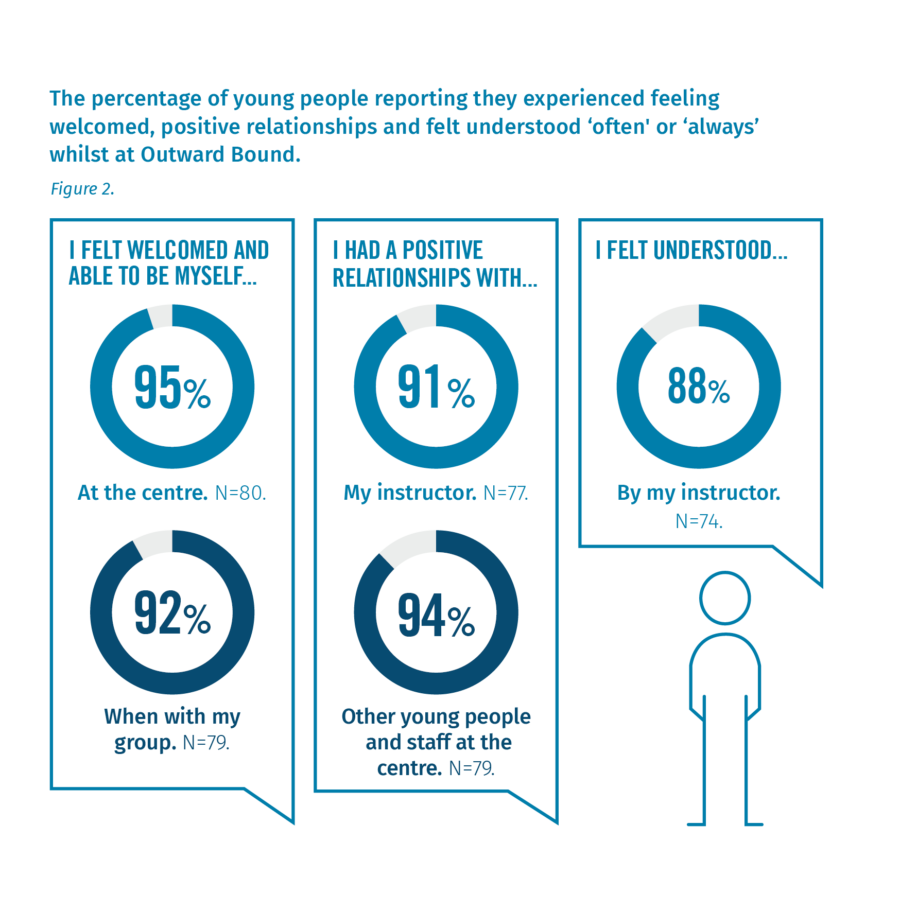What is belonging in school?
In schools, belonging refers to the feeling of being accepted, respected, valued, and included by others within the school community. This sense of belonging is crucial because it directly affects students’ engagement, behaviour, attendance, and overall academic outcomes. When students feel they belong, they are more motivated, less likely to engage in disruptive behaviours, and more inclined to attend school regularly. On the other hand, a lack of belonging can lead to isolation, lower achievement, and behavioural problems, such as aggression or substance use, as students seek other ways to gain status or identity. Schools that foster strong relationships among peers and teachers can help cultivate a positive sense of belonging, leading to better educational experiences for all students.
